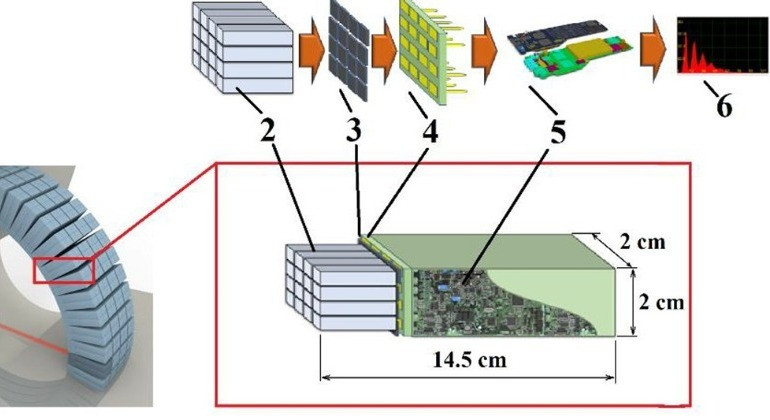IDDA Staff to Participate in Development of a New Detector for Hybrid PET-MRI Scanners

The development of modern medical diagnostic methods for early detection of cancer significantly increases the chances of recovery for patients suffering from these diseases. One of the major advances in this field is the new hybrid PET/MRI equipment, which allows simultaneous application of Magnetic Resonance Imaging (MRI) and Positron Emission Tomography (PET) to provide detailed imaging of tumor location and size.
The project titled “Development of an Innovative Photodetector Module for Advanced Hybrid Magnetic Resonance Imaging/Positron Emission Tomography Scanners for Nuclear Medicine” (INNMEDSCAN 101086178) aims to strengthen modern knowledge in optoelectronics and apply contemporary technological approaches and methods, enabling the coordination and exchange of experience and expertise in physics, engineering, and technology.
The project’s successful implementation will be carried out through the collaboration of highly qualified scientists and engineers from Portugal, the Czech Republic, Turkey, Ukraine, and Azerbaijan. The project is planned to last for four years, covering the period from 2023 to 2027, with a budget of €1,458,200.
In March of this year, Azerbaijani scientists traveled to Lisbon, Portugal, to participate in the consortium’s first meeting. From Azerbaijan, two organizations are involved in the project: the Innovation and Digital Development Agency under the Ministry of Digital Development and Transport of the Republic of Azerbaijan, and the Radiation Problems Institute under the Ministry of Science and Education. Azerbaijani scientists Dr. Azer Sadiqov and Dr. Farid Ahmadov will lead specialists in nuclear physics, nuclear spectroscopy, and optical navigation fields. These scientists hold patents for the development of MAPD-type silicon photomultipliers, successfully applied in these areas.
The successful execution of this project will lead to the development of highly sensitive new-generation detectors and, consequently, the creation of advanced diagnostic equipment.
